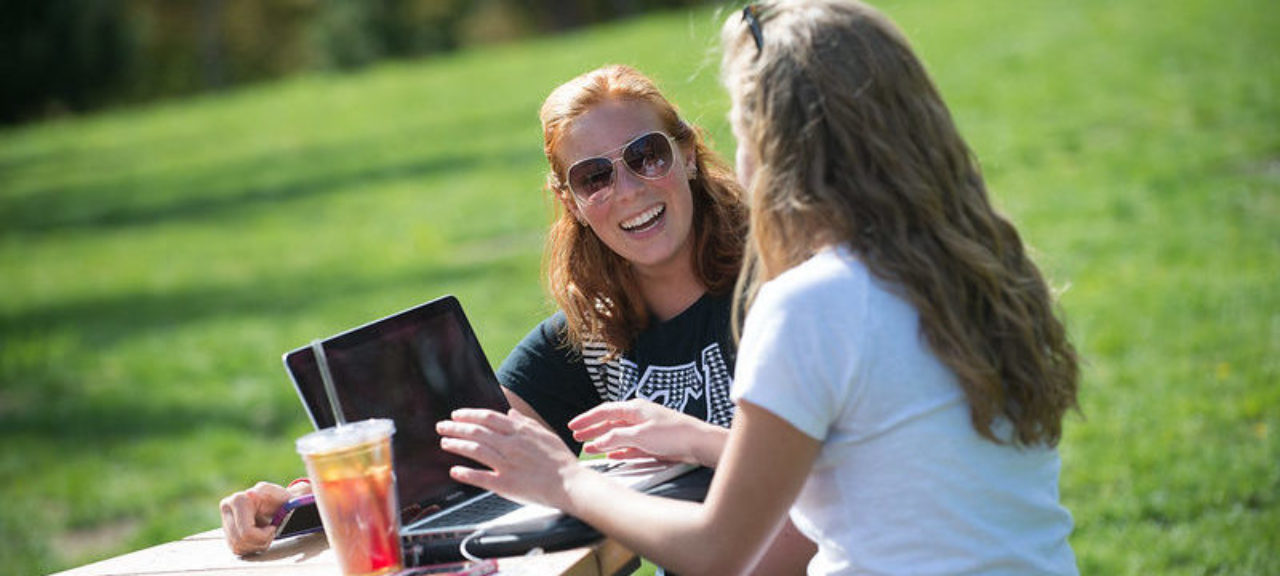Psychology Minor

Metro Campus
A minor in psychology for non-psychology majors consists of 15 credits beyond the core.
One Required Foundation Course (3 credits)
- PSYC 1201 General Psychology
Three Required Major courses (9 credits) from the following:
- PSYC2210 Statistics
- PSYC2204 Child Development
- PSYC2234 Social Psychology
- PSYC2211 Research Methods [Prerequisite: PSYC2210 Statistics or equivalent in major (e.g., DSCI2130 Business Statistics)]
- PSYC3005 Abnormal Psychology
- PSYC3015 Theories of Personality
One Psychology elective (3 credits)
Florham Campus
The only required course for psychology minor is PSYC_1201(General Psychology). After taking PSYC_1201 they can take any 4 psychology courses of their choice.
Course Descriptions
-
DSCI2130 Second semester of a two-semester sequence in business statistics. Topics include confidence interval, hypothesis testing, simple and multiple regression, and analysis of variance. Business data is analyzed using Excel spread sheets. Emphasis is on understanding, interpreting statistical information and explaining statistical ideas to non-specialists.
-
PSYC1201 An introduction to basic and essential principles and practices of contemporary psychology. Topics included are psychological methods, motivation, emotion, perception, learning, thinking, problem-solving, intelligence, personality development. Fall, Spring
-
PSYC2204 Growth and development of children in terms of sensorimotor, intellectual and social behavior. Scientific findings and theoretical viewpoints presented with implications concerning the child for the family, school and community.
-
PSYC2210 An introduction to the basic descriptive and inferential statistic procedures that are useful to the psychologist in the design and analysis of research. Included are t test, analysis of variance, correlational and nonparametric methods. A two-hour weekly laboratory provides practical experience with these procedures. Fall
-
PSYC2211 An introduction to the methods of scientific experimentation in psychology by means of laboratory experiments, studies of problems in design and control of experiments and analysis of the experimental literature. A two-hour weekly laboratory will provide experience in designing, running and reporting experiments in various areas of psychology. Spring
-
PSYC2234 Representative theories and selected problems concerning determinants of social behavior. Socialization, attitude structure and change, social norms, prejudice, leadership and group dynamics.
-
PSYC3005 A study of the long-standing and serious forms of mental disturbance, including character disorders, brain damage, retardation and psychotic processes; central focus on classification, dynamics, symptoms and treatment, with practical experience as a companion to mental patients. Fall
-
PSYC3015 A survey of different approaches to personality theory, with some attention placed on empirical studies within context of the various theories. Fall or Spring